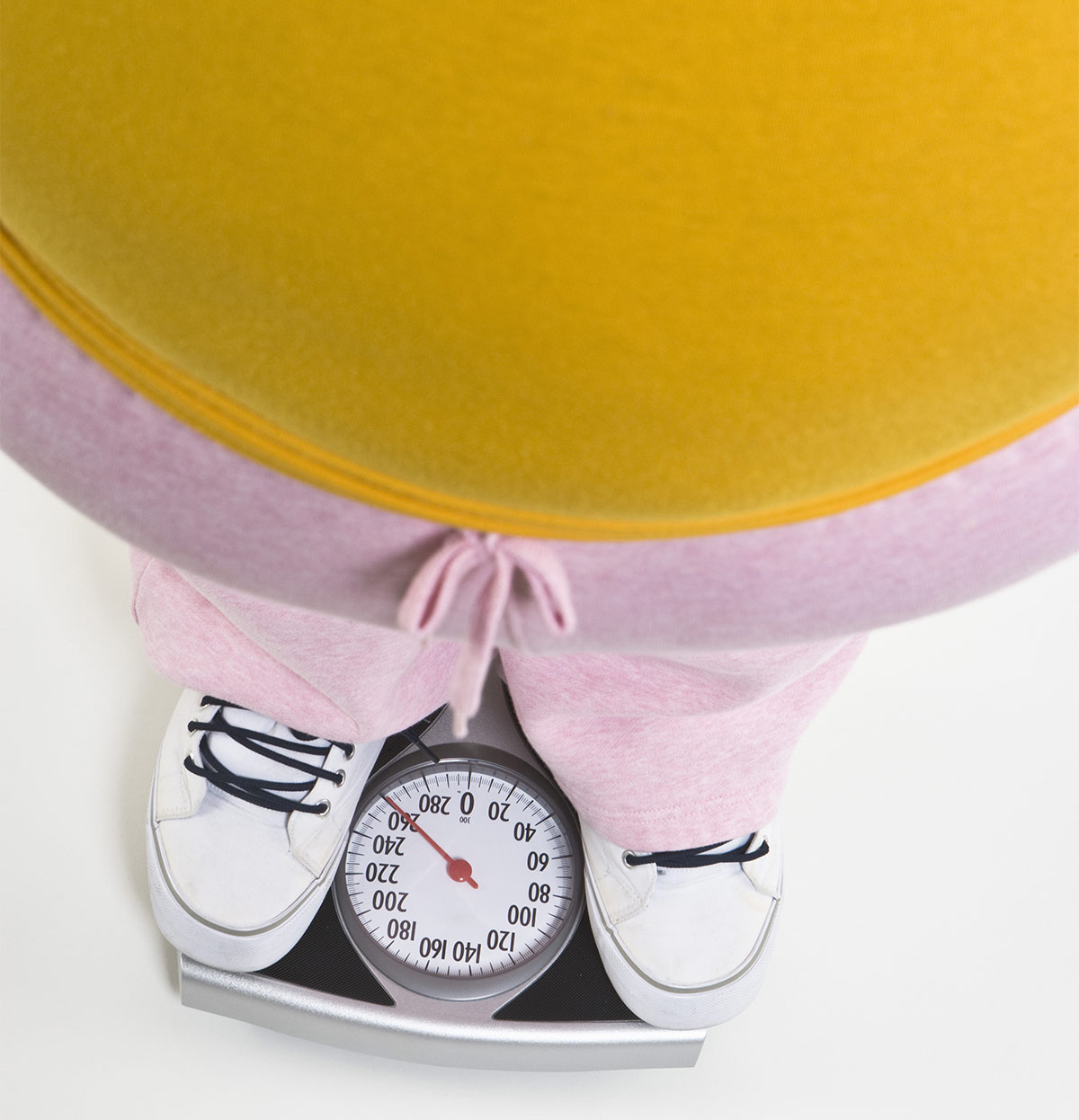
was a little disturbed about the fact that I had gained so much weight during the past 12 months. I blamed my humble bathroom scale. It was dormant for the past year and so something must have happened to its internal mechanism. Come to think of it, I didn’t want to believe what any of the scales I encountered indicated! Surely they must have been wrong!
A recent survey by the American Psychological Association showed that 42% of adults in the United States reported undesired weight gain due to COVID. The average increase was 29 pounds. It is interesting to note that this study also reported an 18% undesired weight loss presumed due to muscle loss from “all that sitting around.”
The pandemic caused us to move less. The closure of gyms did not help our situation either. We snacked more and ate takeout meals delivered more often than not, all while we were confined to our homes. For some of us, an increase in stress levels caused us to binge-eat. So we, in essence, lost control. Now, with the vaccination available and administered, we can safely change our lifestyles.
So here is a formula my patients have used in an effort to lose unwanted weight. As always, consult with your primary healthcare provider to get his or her blessing to do what I am about to tell you.
- No bread, milk, cheese or butter in any form.
- Eat nothing “white” such as rice, pasta, or potatoes
- No caffeine
- Take 4 to 6, 16 ounce servings of water per day.
- Engage in any exercise program for 15-20 minutes at a minimum of three times per week.
- Fast on Wednesday afternoons. (Go to prayer meeting and after you get home, go straight to bed.)
- Weigh in and record the result on Thursday mornings.
After this two-week period, for the next two weeks continue the above and add a small portion of fruit, daily. My daughter, Kiana Berry, DPT, also advises using an app such as “My Fitness Pal.” I have used this app as a means of documenting my daily calorie count.
I pray for your success in bettering your health.
The most widely quoted study done in humans was a randomized clinical study in 2009 and published in the Journal of Functional Food. The study involved 175 people. Half consumed a drink with 1 or 2 tablespoons of vinegar each day for three months. Those who consumed the vinegar had weight loss of three to five pounds and lower triglycerides.
Two years before, in 2007, the journal Diabetes Care published an article that showed that the study group that took two tablespoons of vinegar every night had better blood sugar control in the morning than those who had the placebo. The theory is that vinegar blocks starch absorption, preventing spikes in blood sugar in pre-diabetics and Type II diabetics.
In regards to lowering blood pressure, I could only find one article that showed a decrease in systolic BP. This was however in rats. I’m not sure how they took the blood pressure in those rodents.
So what is the downside to the ACV “diet”? Do not start any new treatment with apple cider vinegar without first consulting your primary doctor or heath care provider. Know that:
- The acid in apple cider vinegar may erode your teeth enamel.
- The acid in vinegar could exacerbate stomach ulcers and GERD leading to GI bleeding.
- You should never take ACV if you have kidney disease.
- ACV can lower potassium levels. This can cause heart arrhythmia, especially if you are on some BP medications.
So just be careful with this or any new diet. Get the approval from your health care provider.